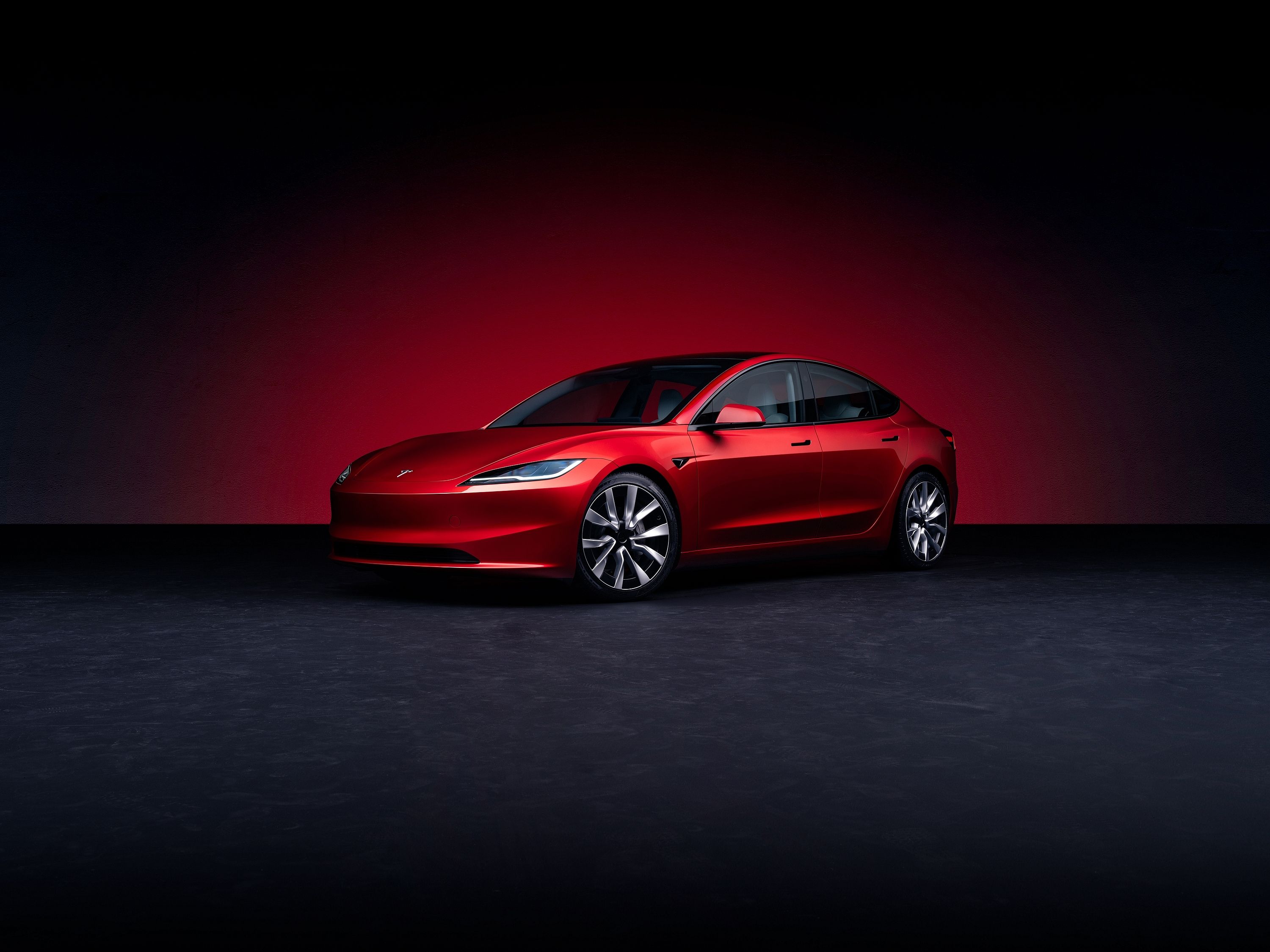
Despite the increase in the number of electrified vehicles hitting the local market, EV sales haven't exactly sky-rocketed this year and aren't expected to climb significantly in the immediate future. In fact, combined US sales of plug-in hybrids and EVs are projected to fall by around six percent at the end of this year - at least, that's according to a new report from Automotive News. This is despite the Tesla Model 3 being one of the country's top-selling vehicles.
So, why are ever-improving EVs - with their spell-binding performance and improved cruising range - not gaining as much traction on the sales charts as they do on the road? It all comes down to affordability, and EVs are simply still too expensive.
Several industry leaders agree that a significant increase in EV sales volumes is unlikely in the next year or two, even with desirable models from established manufacturers. Penske Automotive CEO Roger Penske said that EVs "have not had the lift [that the industry] expected". He used the Audi e-tron as an example after a number of customers canceled their preorders.
The same sentiments were echoed by CEO of General Motors, Mary Barra, who recently mentioned the affordability issue when announcing a $2.3 billion investment with LG Chem in a battery factory in Ohio. "It's got to be affordable to drive the volumes," she said.
A quick look at some mainstream manufacturers' EV offerings demonstrates the scarcity of accessible offerings for the average buyer. For instance, the Nissan Leaf starts at just under $30k, but you can drive off in a Nissan Kicks SUV for nearly half the price. The Chevrolet Bolt EV is a nifty electric subcompact, but it starts at over $7,000 more than the brand's midsized Blazer crossover.
Despite the rather dismal outlook for next year, 2019 was notable in that it's the first year to see over 100 electric and plug-in hybrids launched globally. The total number sits at 130 with most destined for the Chinese market. It doesn't mean that EVs won't experience a significant growth spurt locally - it's just unlikely to happen right now.
Leading cities are pushing for reduced emissions unabated, though, with Amsterdam and Vancouver among those wanting to eradicate gas- and diesel-powered cars entirely, and we won't be able to resist this movement forever. Already, America's beloved pickup truck is set to get the electric treatment from newcomers like the Rivian R1T.
Along with more affordable options, and more EVs in segments that resonate locally, the co-leader of AlixPartners' global automotive practice, Mark Wakefield, wants to see more creativity from EV automakers in areas like innovative recharging solutions. It's just the start of ingraining zero-emissions motoring into the consumer psyche, though. "There is more realization that this is a multi-, multi-, multi-year effort," said Wakefield.
